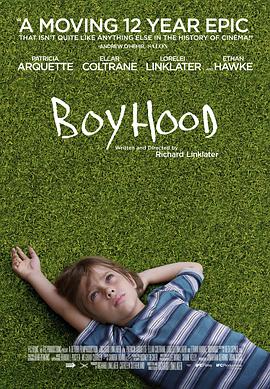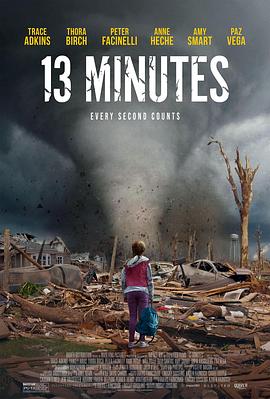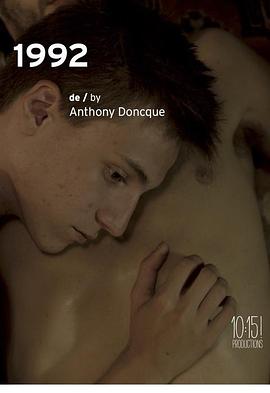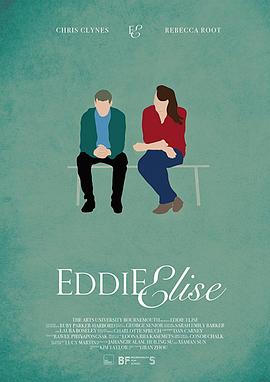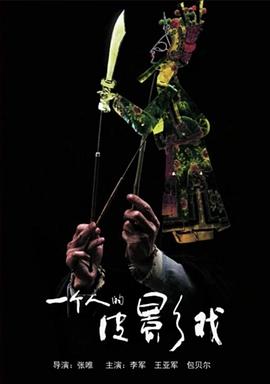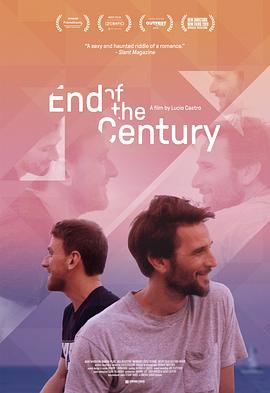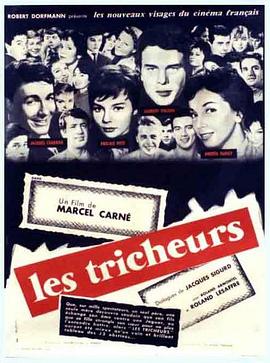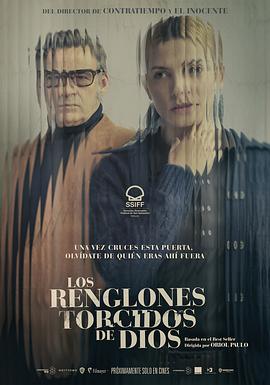-
备注:已完结
类型:剧情
主演:安娜·肯德里克 布蕾克·莱弗利 亨利·戈尔丁 伊恩·霍 乔舒亚·萨蒂尼
导演:保罗·费格
语言:英语
年代:未知
简介:斯蒂芬妮(安娜·肯德里克 Anna Kendrick 饰)是一位开朗而又乐观的单身母亲,同时也经营着自己的直播频道,她常常在网络上分享一些自己领悟到的人生道理,她独创的菜谱深受粉丝们的喜爱。一次偶然中,斯蒂芬妮邂逅了名为艾米丽(布蕾克·莱弗利 Blake Lively 饰)的女子,艾米丽看上去自信、富有、光鲜亮丽,她同自己身为大学教授的丈夫肖恩(亨利·戈尔丁 Henry Golding 饰)一起生活在一幢豪华的别墅里。 单纯的斯蒂芬妮很快就和艾米丽之间建立了深厚的友谊,两人成为了无话不谈的好友。然而有一天,艾米丽失踪了,当身为丈夫的肖恩对妻子的失踪提供不了任何有价值的帮助时,斯蒂芬妮决定自己出马寻找她的下落。
-
备注:已完结
类型:剧情
导演:张唯
语言:国语
年代:未知
简介:《一个人的皮影戏》讲述了生活在平静的小山村里的皮影戏传人马千里,在摆弄了一辈子皮影之后,本来已经忘却了皮影的功力,只作为闲来无事自娱自乐的玩意。可忽然来了一群以大学教授为首的人来考察非物质文化遗产,并认为自己的皮影可以申报,法国人也来给他拍专题片,再加上又可以给村里带来好处,还会有人来学这早已无人问津的皮影手艺,从没想过自己这点玩意也是文化,还有人请自己去大学讲课,称自己是老师、是艺术家。这时的马千里已经不再是那个和蔼可亲的老头,他真的把自己当成了不起的艺术家。随着影片情节的推进,深藏在马千里人性中的名利心被唤醒。经历了由乡村到城市一连串的磕磕绊绊,一个又一个幻影的破灭,钱没挣到,名没出了,反而受到了许多冷落和羞辱,马千里又开始怀疑皮影究竟有没有价值?为皮影这么活着有没有意义?导演借此探究当今这样的文化背景下,如何让传统文化继续生存下去。
-
备注:已完结
类型:剧情
主演:帕斯卡尔·普缇 安德丽·帕里西 雅克·夏里尔 洛朗·特兹弗 让-保罗·
导演:马塞尔·卡尔内
语言:法语
年代:未知
简介:Middle class student Bob Letellier enters a new world when he meets Alain, a free-thinking rebel who, along with his group of young Parisians, has opted for a life of instant gratification instead of work and commitment. At a party, Bob meets a young woman, Mic, who appears to be just as carefree and cynical as Alain. Mic's only dream is to own a luxury car, and with Bob's help, she manages to find the money to but it. Mic's friend Clo discovers she is pregnant and, not knowing who the father is, she asks Bob to marry her. When they next meet at a party, Bob and Mic deny that they have any feelings for one another - a declaration that soon leads to tragedy... Marcel Carné is widely regarded as one of the standard bearers of French quality cinema of the 1930s and 1940s, responsible for such masterpieces as Quai des brumes (1938) and Les Enfants du Paradis (1945). How ironic then that, in 1958, towards the end of his film-making career, he should make a film which dared to portray the attitudes and behaviour of the 1950s youth, in a way that effectively captures the mood and sentiment of the time. Les Tricheurs was a hugely controversial film, not least because of its blatant depiction of adolescent free-love, and was even banned in some regions of France. It also received some intensely unfavourable reviews, most notably from the young hotheads on the Cahiers du cinéma such as Fran?ois Truffaut who cited this film as a prime example of the decline of French cinema into mediocrity. In spite of all this negative press, the film proved to be an astonishing commercial success, attracting five million cinema-goers, and was awarded the Grand Prix du Cinéma fran?ais in 1958. Whilst Les Tricheurs is not as flawless as Carné's earlier masterpieces, it is nonetheless a significant work, having the power to both shock and move its audience, whilst having great entertainment value. It evokes the mood of its time in a way that few French films of this period did, depicting young people as pleasure-seeking rebels, rejecting the austerity and discipline of the previous generation whilst pursuing a life without cares, responsibilities or love. Similarities with James Dean's films of the 1950s (most notably Rebel without a Cause) are apparent, although Carné's treatment of young people is far more abstract - in his film they merely symbolise a world that has lost its way, more or less victims of post-war prosperity. Although the young people in Les Tricheurs lack the authenticity to be totally credible, the film does make an important, and indeed quite disturbing point, about where the permissive society may be heading. Much of the pleasure of the film is in the performances from its four lead actors, Jacques Charrier, Pascale Petit, Laurent Terzieff and Andréa Parisy, although only Terzieff is really convincing in his role. Marcel Carné originally considered Alain Delon and Jean-Paul Belmondo for the parts of Bob and Alain respectively, before opting for Charrier and Terzieff. As a consolation, Carné offered Belmondo a smaller part in the film - alas too small for the actor to be noticed by the public. Belmondo's breakthrough had to wait until the following year when he starred in Jean-Luc Godard's revolutionary A bout de souffle, a film which offers a very different perspective of the youth generation.
